Germany Blocks $3 Billion Aid Package For Ukraine, Scholz Cabinet Faces Criticism
Blocking $3 Billion Aid Package for Ukraine
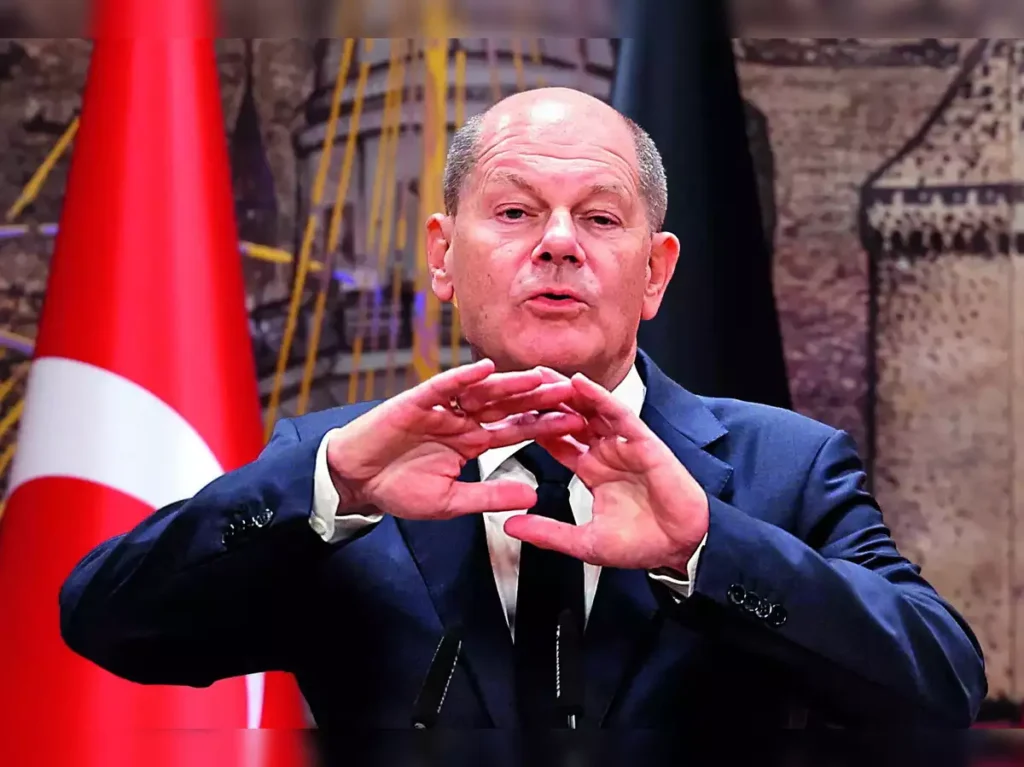
- Background of the Issue:
- The German government was set to approve a €3 billion military aid package for Ukraine, aimed at providing critical weaponry and support.
- The package was designed to provide Ukraine with IRIS-T air defense systems, Patriot missiles, wheeled howitzers, and artillery ammunition.
- Key Political Figures Involved:
- Foreign Minister Annalena Baerbock and Defense Minister Boris Pistorius were the primary advocates for the aid package.
- The package was intended to secure parliamentary approval ahead of the federal elections scheduled for February 2025.
- Chancellor Scholz’s Opposition:
- Chancellor Olaf Scholz blocked the aid package, citing existing military aid commitments, including €4 billion allocated for 2025 and funds from a $50 billion G7 loan financed by frozen Russian assets.
- Scholz expressed concerns about binding the incoming government to substantial financial obligations before the elections.
- Reasoning for Urgency in Aid:
- Baerbock and Pistorius argued that Ukraine’s military situation was deteriorating and there were uncertainties about future U.S. support under President-elect Donald Trump.
- The proposed aid was considered critical for Ukraine to maintain its defense against Russian aggression.
- Political and Domestic Ramifications:
- Scholz’s decision has led to internal tensions within Germany’s coalition government.
- Critics have argued that Scholz’s move might be influenced by the need to avoid alienating voters during the upcoming election campaign.
- Some experts have warned that reducing military aid could embolden opposition parties that favor a decrease in support for Ukraine.
- Geopolitical and International Criticism:
- The decision has drawn criticism from international observers, with some warning that it could be perceived as a concession to adversaries and may weaken Germany’s position on the international stage.
- There are concerns that the reduction in military aid could undermine Germany’s commitments to Ukraine and NATO allies.
- Challenges for Germany’s Government:
- The situation highlights the delicate balance the German government must maintain between domestic political considerations and international commitments, especially in the context of the ongoing war in Ukraine and shifting geopolitical dynamics.
- Conclusion:
- The blocking of the €3 billion aid package represents a critical moment in Germany’s foreign policy, with significant implications for Ukraine’s defense and Germany’s standing in international relations.
- As the elections approach, the future of Germany’s support for Ukraine remains uncertain, with political and electoral considerations playing a significant role in the decision-making process.


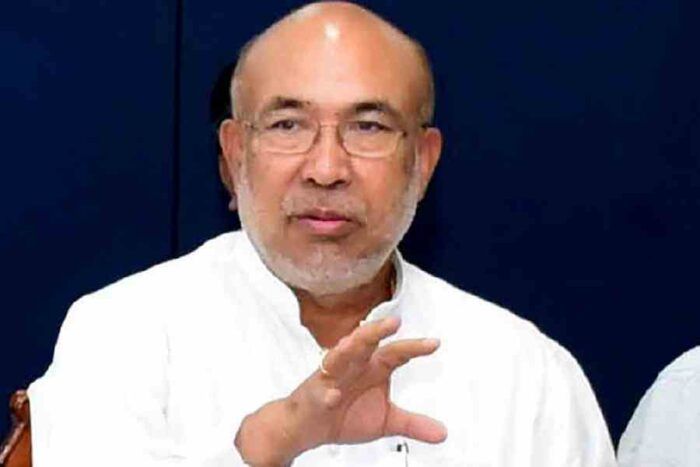
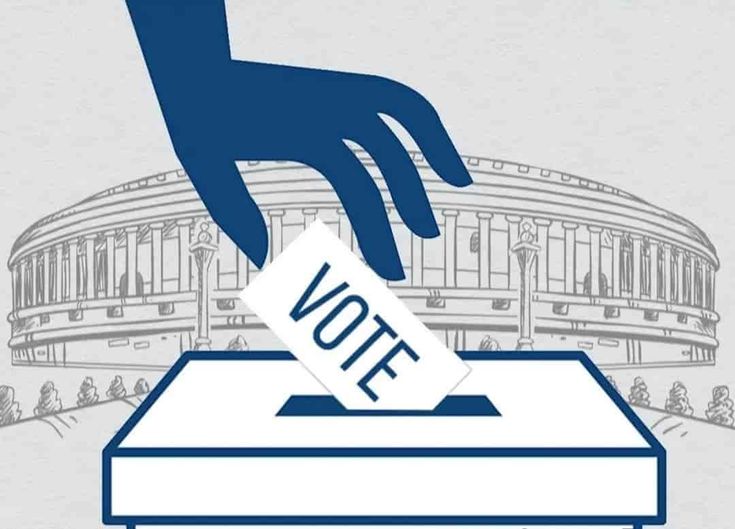

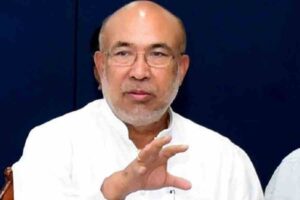







Post Comment